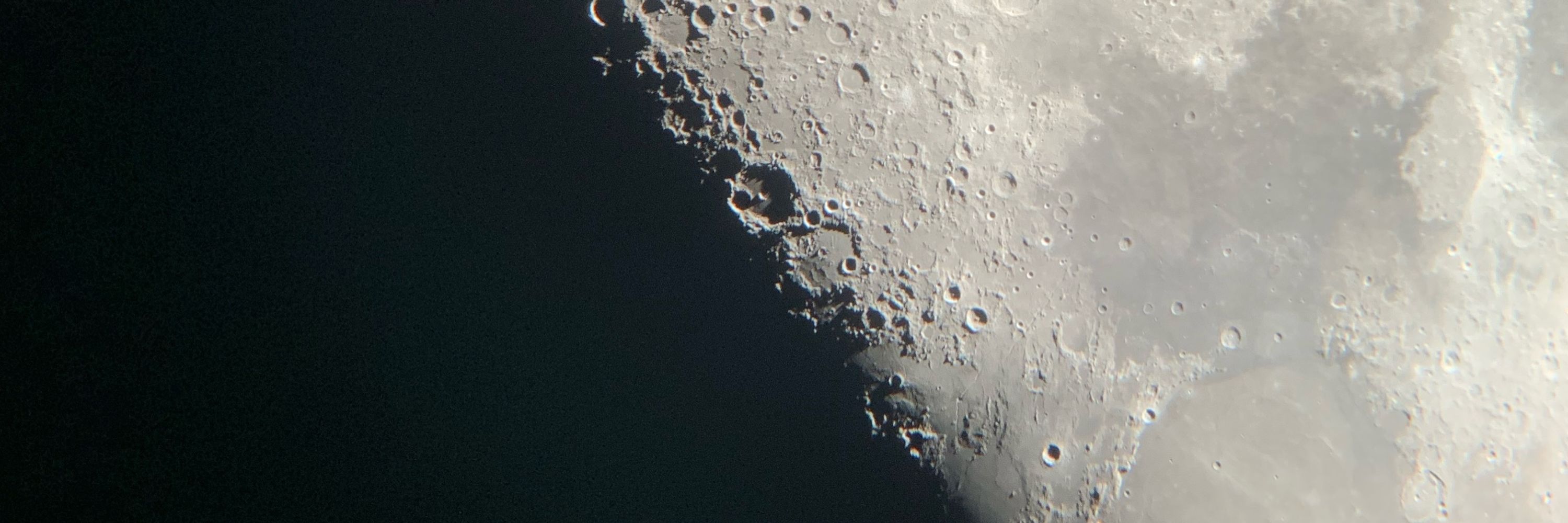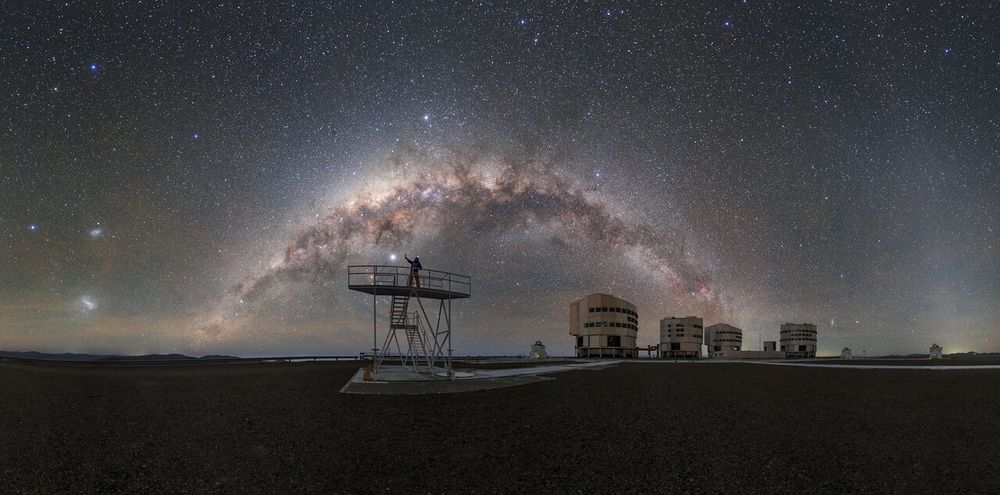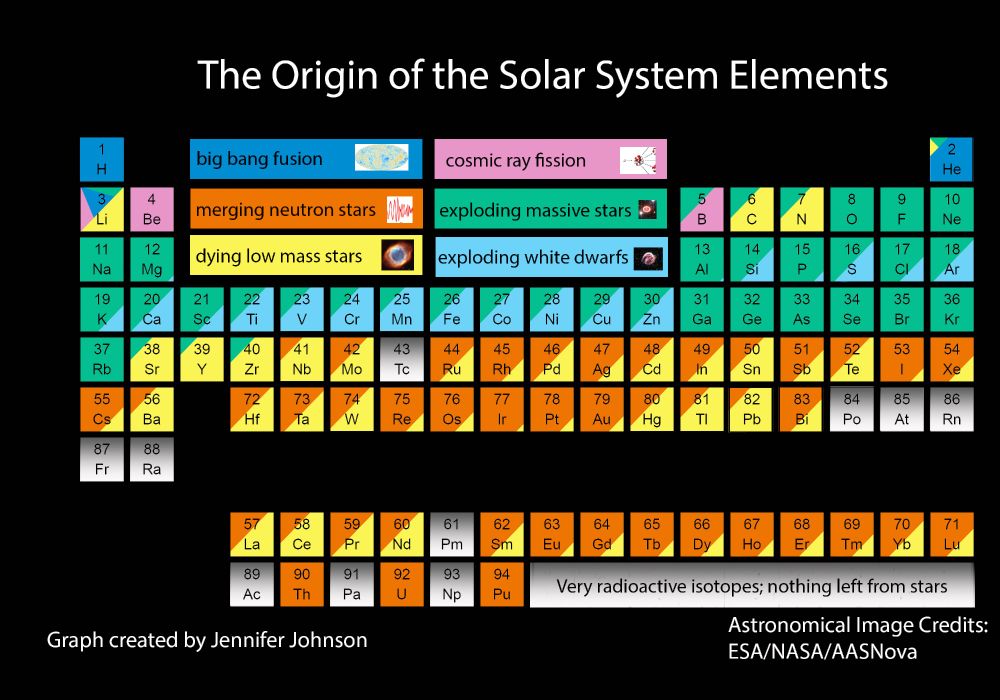
Website: ericadykes.weebly.com

arxiv.org/abs/2410.11939
youtube.com/@aotsatx
youtube.com/@aotsatx
This is the official account for the Graduate Society of Physics Students (GSPS) at UTSA!
Follow for updates about our program, what students are doing, and outreach/fundraising events!
This is the official account for the Graduate Society of Physics Students (GSPS) at UTSA!
Follow for updates about our program, what students are doing, and outreach/fundraising events!

Through a partnership between the AAS's Division for Planetary Sciences and the National Society of Black Physicists, Patrice Smith has been named the 2025 DPS-NBSP Speaker. aas.org/posts/news/2...

Through a partnership between the AAS's Division for Planetary Sciences and the National Society of Black Physicists, Patrice Smith has been named the 2025 DPS-NBSP Speaker. aas.org/posts/news/2...
This would be located in the vicinity of ESO's Observatory. If constructed, it would irreparably impact astronomical observations.
Read more: https://www.eso.org/public/news/eso2501/
🔭
📷 ESO/P. Horálek

This would be located in the vicinity of ESO's Observatory. If constructed, it would irreparably impact astronomical observations.
Read more: https://www.eso.org/public/news/eso2501/
🔭
📷 ESO/P. Horálek

science.nasa.gov/missions/web...

science.nasa.gov/missions/web...


arxiv.org/abs/2410.11939

arxiv.org/abs/2410.11939

